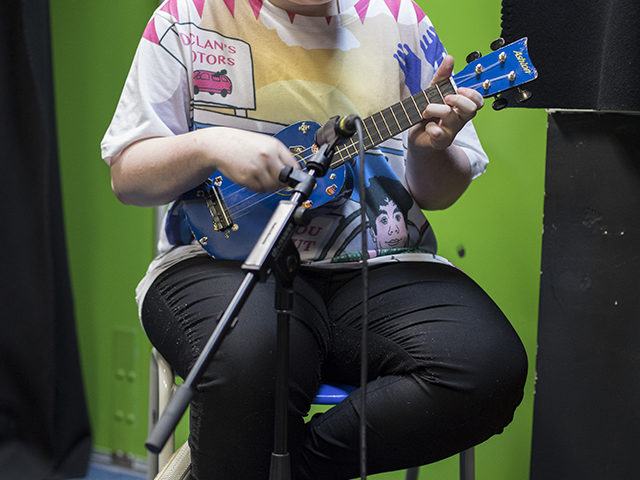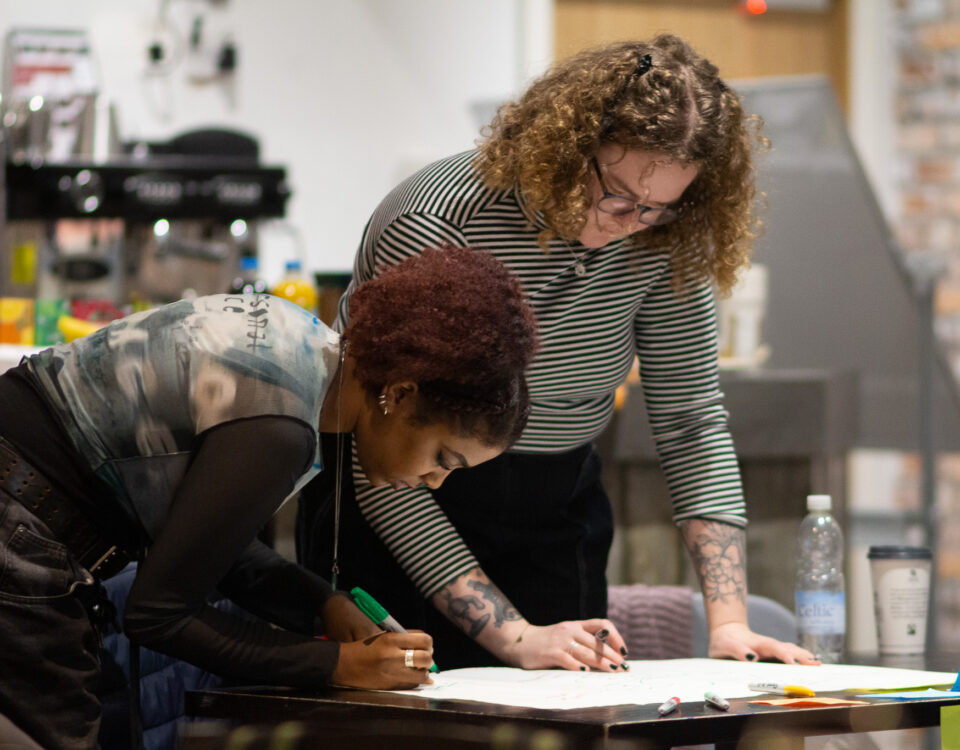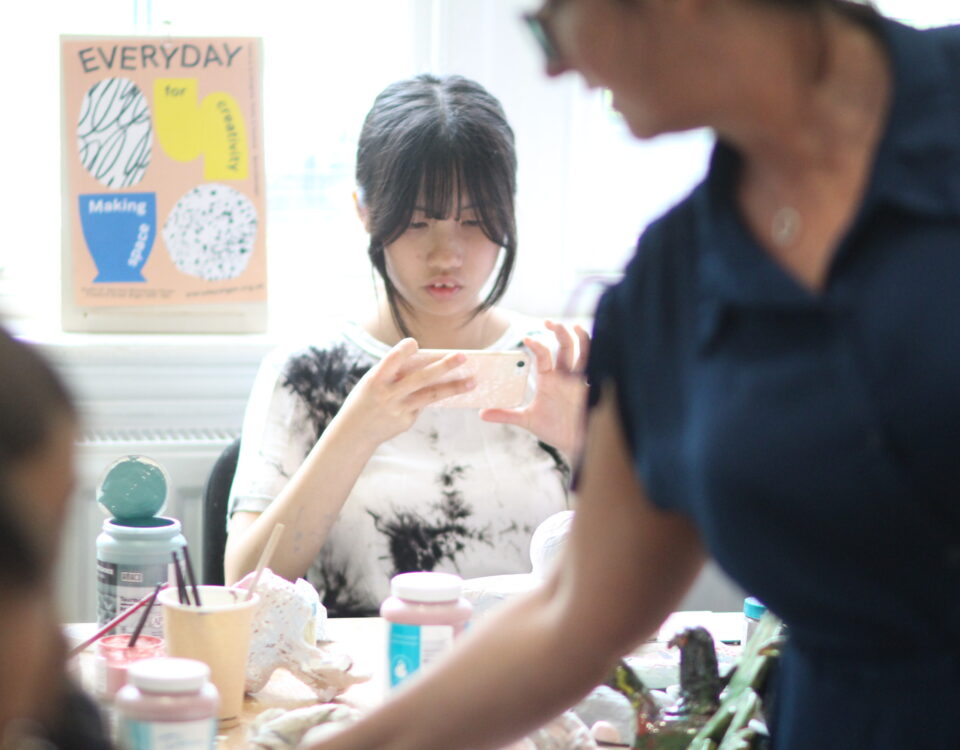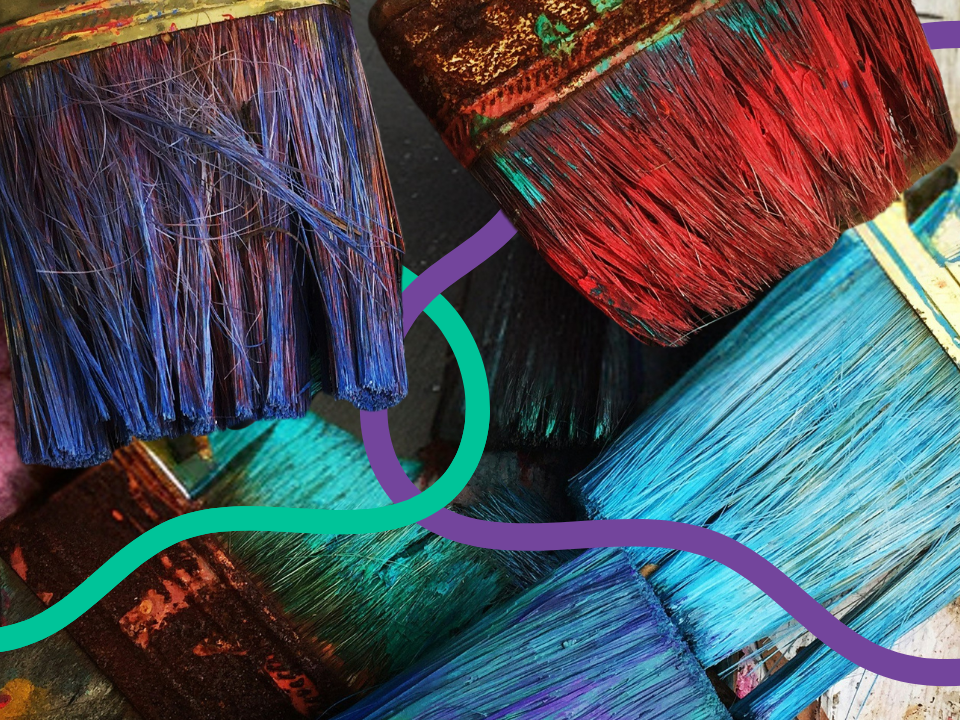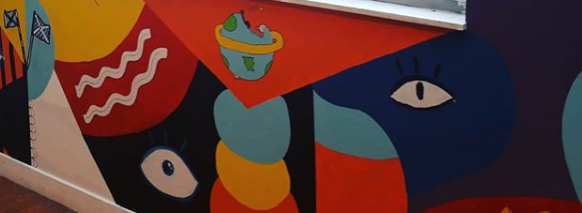
Curious Blog: Trail Finders
February 26, 2019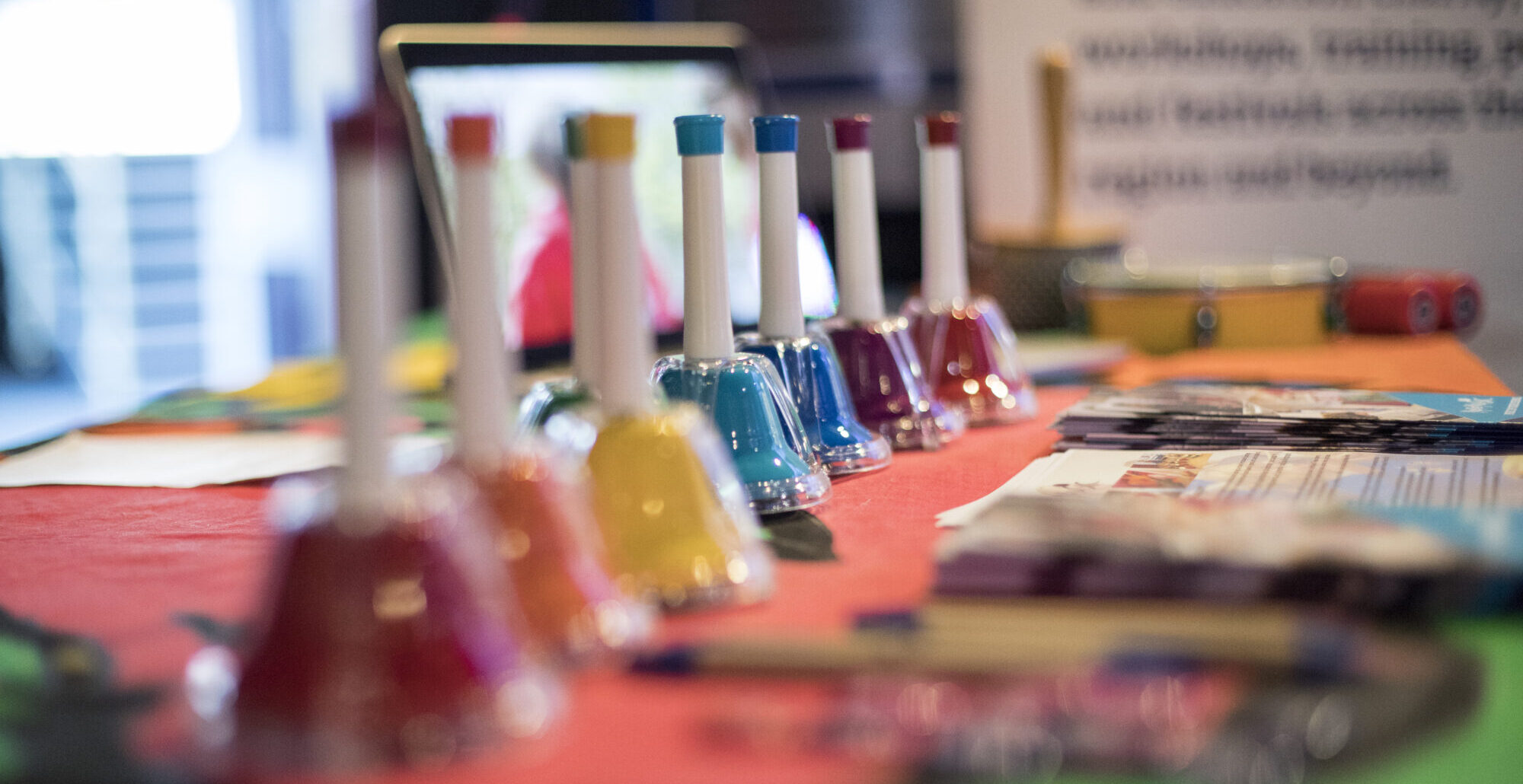
Artsmark: Latest Schools Announced
March 8, 2019How arts and culture can give our young people hope
Curious Minds' Head of Innovation and Inclusion, Kelly Allen, shares her thoughts on the role that arts and culture can play in improving mental wellbeing for children and young people.
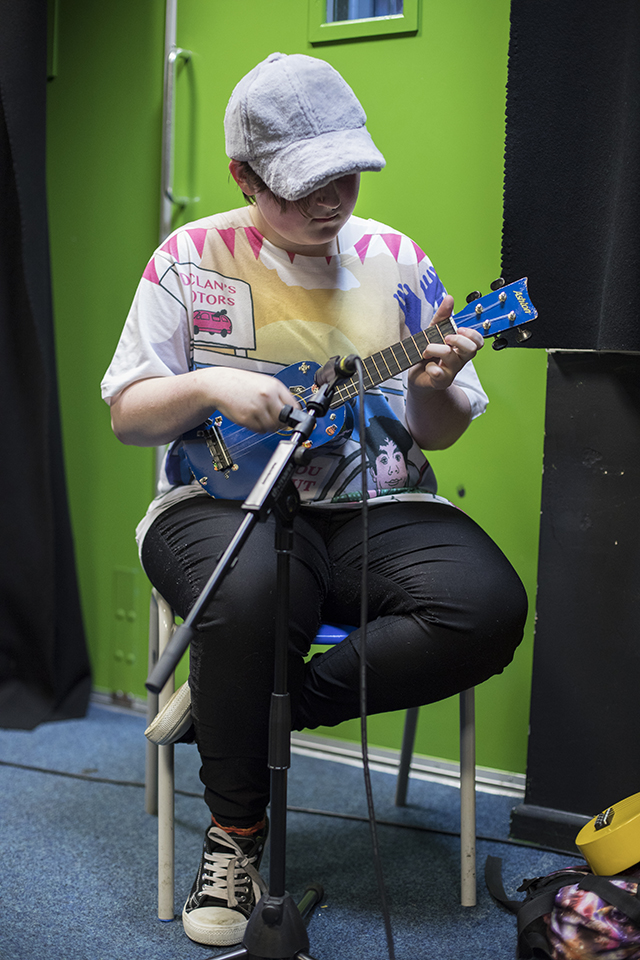
Mental health, particularly the scale of young people struggling with their mental health, seems to hit the headlines weekly at the moment. Whilst some sectors have been talking about the severity and scale of the problem for some time, I’ve definitely noticed a general increase in the level of awareness and conversation about this issue, which I absolutely welcome – if it’s a step towards increased action.
Recently, I had the pleasure of contributing to a meeting of the All Parliamentary Group on Arts, Health and Wellbeing. I had the pleasure of being amongst a fascinating and knowledgeable group of people who had been asked to reflect on two questions:
From your perspective, what is your primary concern regarding children and young people’s mental health?
And
How do you think arts, culture and creativity can contribute to supporting children and young people’s mental health?
Recently, I had the pleasure of contributing to a meeting of the All Parliamentary Group on Arts, Health and Wellbeing. I had the pleasure of being amongst a fascinating and knowledgeable group of people who had been asked to reflect on two questions:
From your perspective, what is your primary concern regarding children and young people’s mental health?
And
How do you think arts, culture and creativity can contribute to supporting children and young people’s mental health?
It reminded me of the words of a young person in their response to a consultation I ran last year for our Hope Streets project. I asked them ‘What gives you hope?’. They said:
With the threat of climate change, increasing antisocial behavior due to all the technology people have at their fingertips and masses of power being bestowed to crazed fools around the world, I think it’s safe to say I’m not really sure.
The reason this quote was so pertinent to me is because this was not from a young person who has mental health needs (as far as I know), and they most certainly are not disengaged from society. What it illustrates for me is that current conversations around mental health don’t seem to make a distinction between mental health problems as a cause, and as a symptom.
I believe that mental ill-health cannot be addressed out of the context of a person’s life. Of course, there are some mental health conditions that effect people indiscriminately, and for them their poor mental health may be the cause of their life circumstances. However, there are also many young people who have been suffering other kinds of adversity, for sustained periods of time, who are now struggling with their mental health. For these young people, it’s a symptom. For these young people, their struggle with mental health problems is a consequence of the situations they find themselves in, rather than the original cause.
We know that there is a correlation between people living in poverty and poor mental health. Whilst poverty can be both a cause and a consequence of mental health issues in adults, we know that children living in the 25% poorest families in the UK are three times more likely to develop a severe mental health problem. Considering their mental health outside of the context of their life circumstances can surely only create sticking plaster solutions, which we simply cannot afford to waste time and resources on.
Whilst I am glad to hear arts and culture being recognised as something that can help support mental wellbeing, it’s also important to recognise the impact the ‘epidemic’ in mental ill-health is already having on our sector.
I have heard far too many arts practitioners describe situations where they have tried to trigger mental health support for young people, through Safeguarding referrals, only to be told that no help is available because their symptoms are not severe enough. In some parts of the country it can take two or more suicide attempts before support is offered through the NHS.
I have been told of three North West organisations that have directly employed youth workers to support arts practitioners, due to the additional support needs young people are bringing to them. The sorts of things they may once have taken directly to youth workers. There are even arts organisations offering mental health services from their buildings. It seems all too easy for an arts practitioner to find themselves operating in territory that only a qualified mental health professional should be.
I strongly believe, especially with the increasing popularity of Social Prescribing, that it’s important we draw a clear distinction between the therapeutic benefits of arts and culture, and actual therapy.
In terms of what arts and culture can contribute, it seems to me that this is now widely accepted, at least in terms of alleviating the symptoms of poor mental health.
Most of us in the sector could reel off a list of benefits, which would include things like confidence, expression, team work, resilience, etc. We already know this stuff and there is evidence out there (although too many years of fighting our corner has perhaps led to a slight culture of over-claiming). What is less discussed, however, is how arts and culture can help deal with some of the causes of poor mental health - for those who have developed ill health through adverse circumstances.
I believe that mental ill-health cannot be addressed out of the context of a person’s life. Of course, there are some mental health conditions that effect people indiscriminately, and for them their poor mental health may be the cause of their life circumstances. However, there are also many young people who have been suffering other kinds of adversity, for sustained periods of time, who are now struggling with their mental health. For these young people, it’s a symptom. For these young people, their struggle with mental health problems is a consequence of the situations they find themselves in, rather than the original cause.
We know that there is a correlation between people living in poverty and poor mental health. Whilst poverty can be both a cause and a consequence of mental health issues in adults, we know that children living in the 25% poorest families in the UK are three times more likely to develop a severe mental health problem. Considering their mental health outside of the context of their life circumstances can surely only create sticking plaster solutions, which we simply cannot afford to waste time and resources on.
Whilst I am glad to hear arts and culture being recognised as something that can help support mental wellbeing, it’s also important to recognise the impact the ‘epidemic’ in mental ill-health is already having on our sector.
I have heard far too many arts practitioners describe situations where they have tried to trigger mental health support for young people, through Safeguarding referrals, only to be told that no help is available because their symptoms are not severe enough. In some parts of the country it can take two or more suicide attempts before support is offered through the NHS.
I have been told of three North West organisations that have directly employed youth workers to support arts practitioners, due to the additional support needs young people are bringing to them. The sorts of things they may once have taken directly to youth workers. There are even arts organisations offering mental health services from their buildings. It seems all too easy for an arts practitioner to find themselves operating in territory that only a qualified mental health professional should be.
I strongly believe, especially with the increasing popularity of Social Prescribing, that it’s important we draw a clear distinction between the therapeutic benefits of arts and culture, and actual therapy.
In terms of what arts and culture can contribute, it seems to me that this is now widely accepted, at least in terms of alleviating the symptoms of poor mental health.
Most of us in the sector could reel off a list of benefits, which would include things like confidence, expression, team work, resilience, etc. We already know this stuff and there is evidence out there (although too many years of fighting our corner has perhaps led to a slight culture of over-claiming). What is less discussed, however, is how arts and culture can help deal with some of the causes of poor mental health - for those who have developed ill health through adverse circumstances.
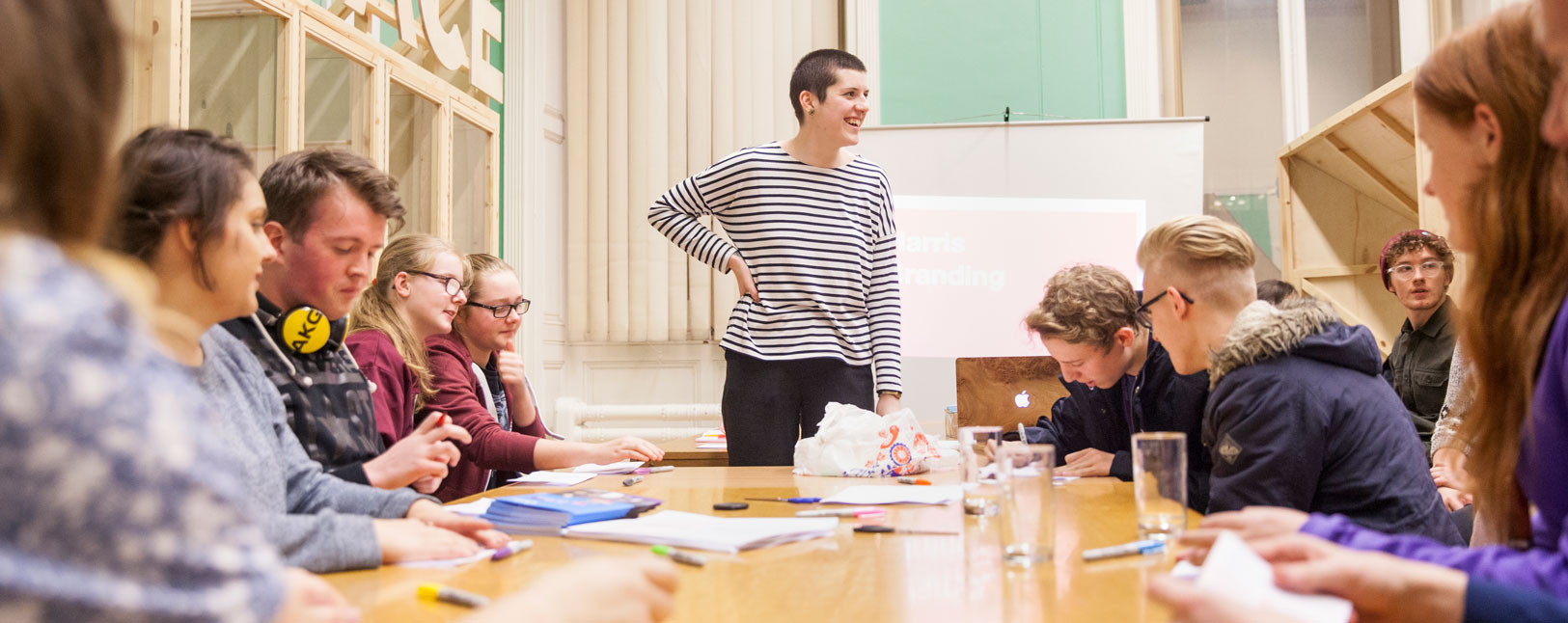
The prospect of a future is one such area.
Creative industries employ more people than financial services or construction services in the UK. Whilst we’ve all heard stories of creative young people being told to focus on getting a ‘proper’ job, few people have a similar story about being discouraged from becoming an accountant or builder. On top of this, experts tell us that the jobs most likely to be protected from automation in the future are those which require human creativity.
These are real and important opportunities, which can dramatically change the trajectory of a young persons’ life. Yet opportunities for young people to study creative subjects in school (the most universal point of contact for all young people) have, sadly, dramatically reduced during the time period that their mental health has deteriorated.
Lastly, and possibly most importantly, I believe arts and culture can give young people a powerful voice to effect change in a world so many of them seem so sadly disheartened by.
The young person I quoted above was one of many who expressed disillusionment in our consultation last year. However, what came across equally strongly was their sense of fairness, equality and their determination to change things. That’s what gives ME hope. I’d like to give another young person from that same consultation the final word:
Creative industries employ more people than financial services or construction services in the UK. Whilst we’ve all heard stories of creative young people being told to focus on getting a ‘proper’ job, few people have a similar story about being discouraged from becoming an accountant or builder. On top of this, experts tell us that the jobs most likely to be protected from automation in the future are those which require human creativity.
These are real and important opportunities, which can dramatically change the trajectory of a young persons’ life. Yet opportunities for young people to study creative subjects in school (the most universal point of contact for all young people) have, sadly, dramatically reduced during the time period that their mental health has deteriorated.
Lastly, and possibly most importantly, I believe arts and culture can give young people a powerful voice to effect change in a world so many of them seem so sadly disheartened by.
The young person I quoted above was one of many who expressed disillusionment in our consultation last year. However, what came across equally strongly was their sense of fairness, equality and their determination to change things. That’s what gives ME hope. I’d like to give another young person from that same consultation the final word:
Our generation will learn from the mistakes of others and be fairer and better.
Kelly leads our programmes that focus on children and young people who are less likely to engage and makes sure that our work is inclusive. She also leads and initiates new pieces of work that take us off the beaten track.

